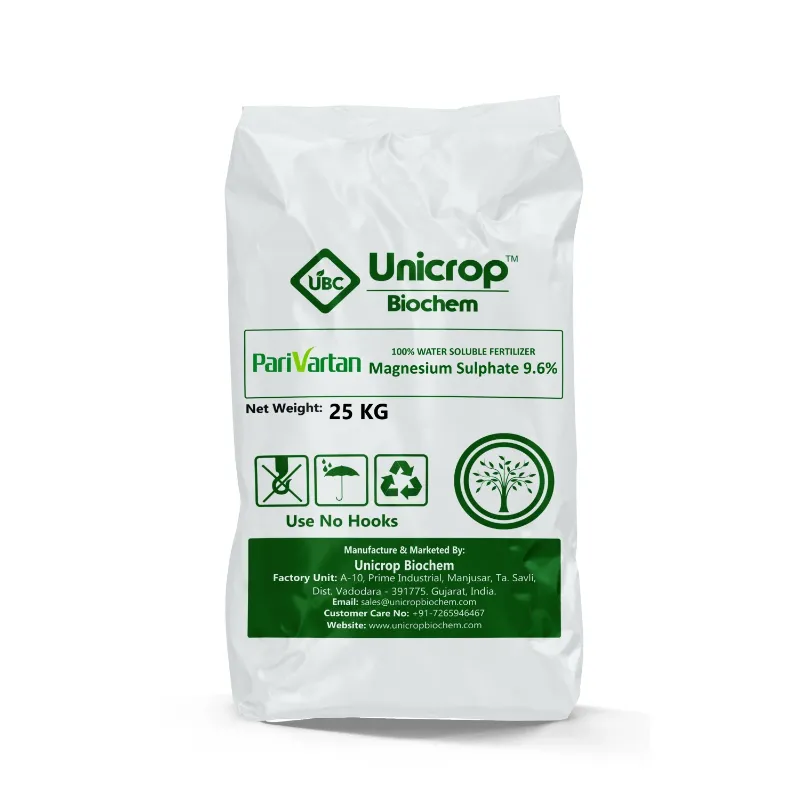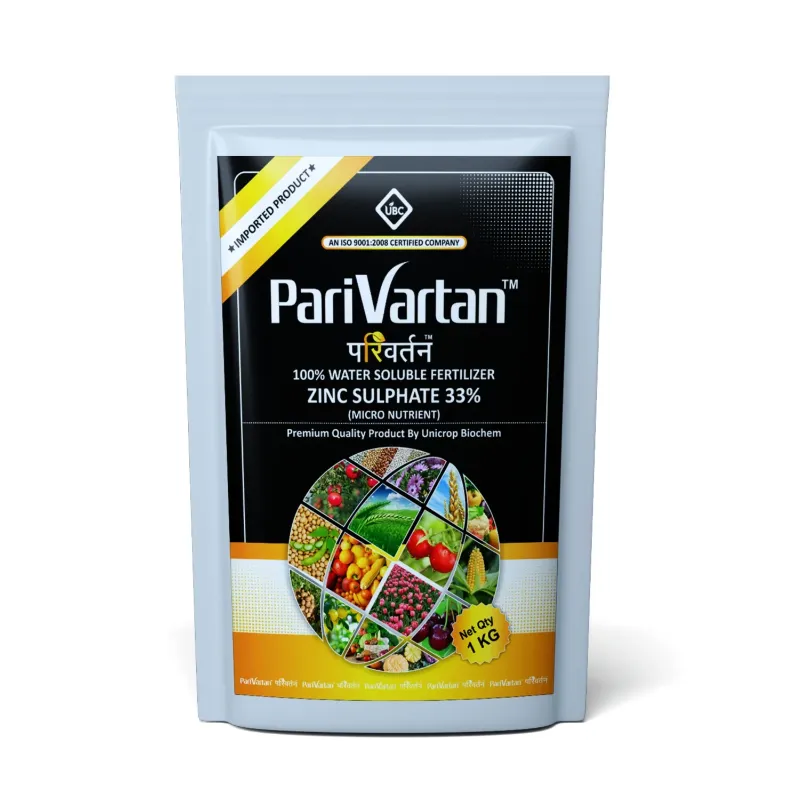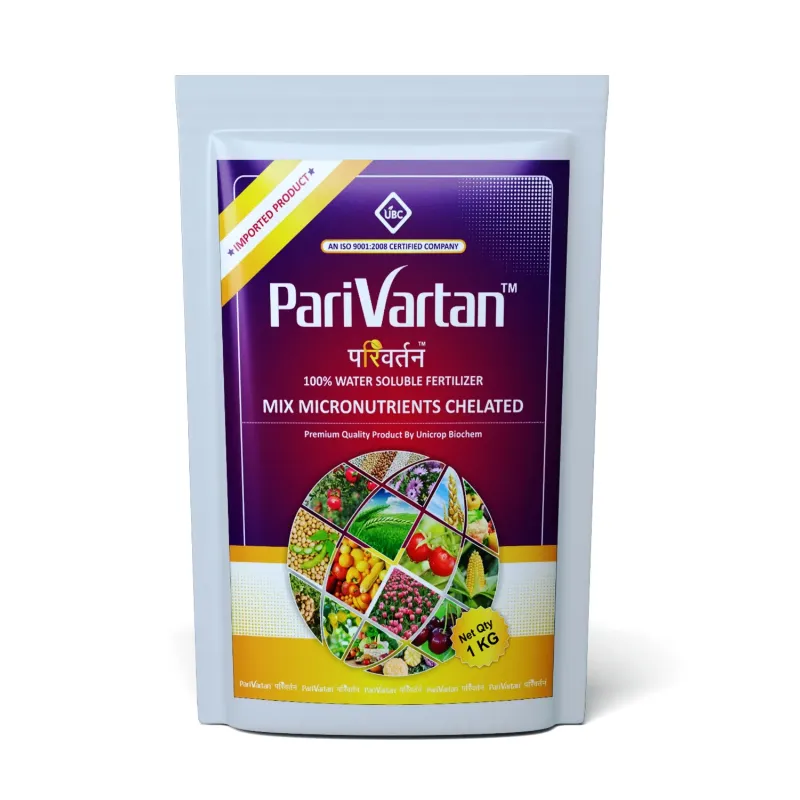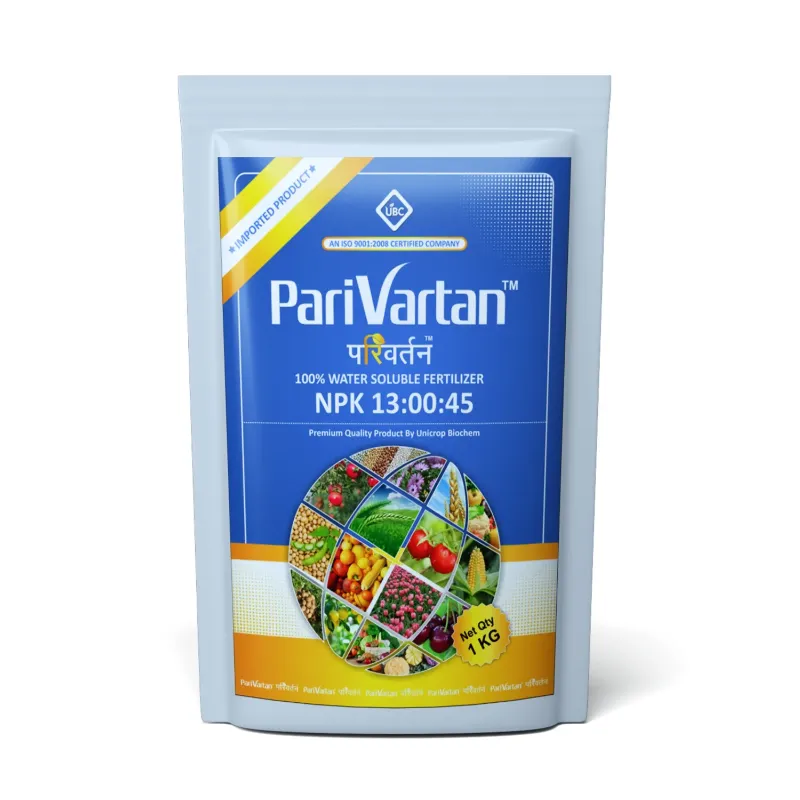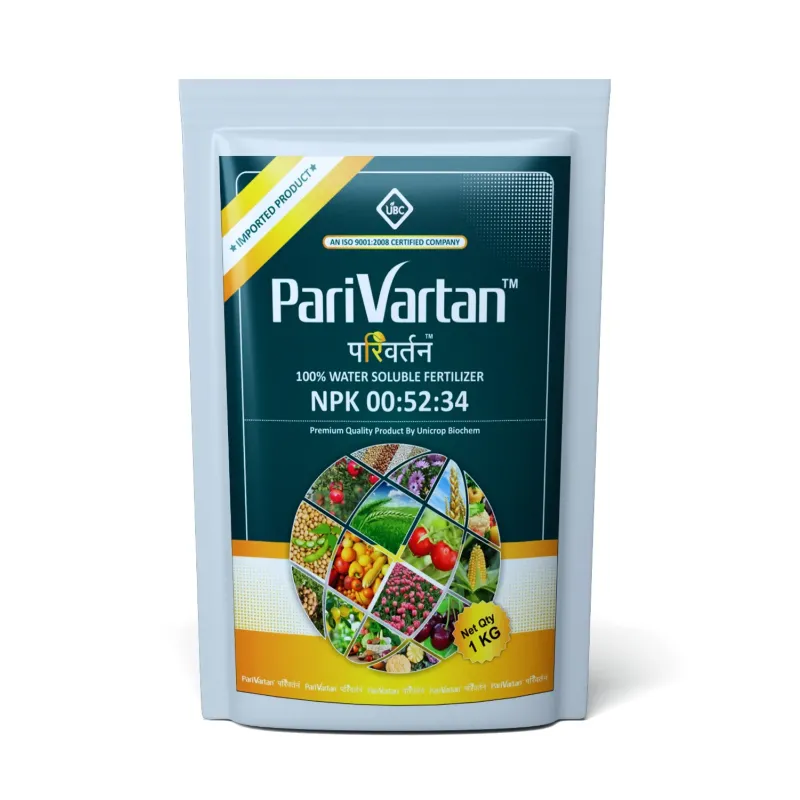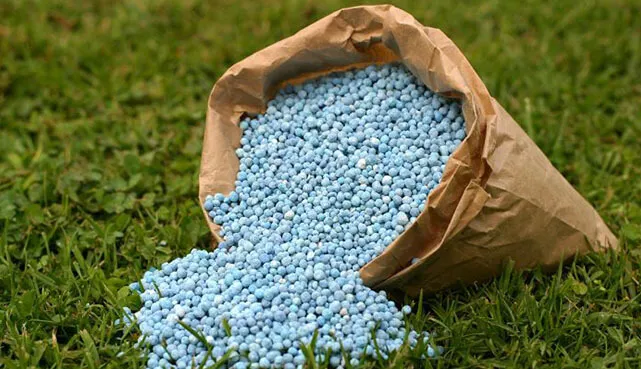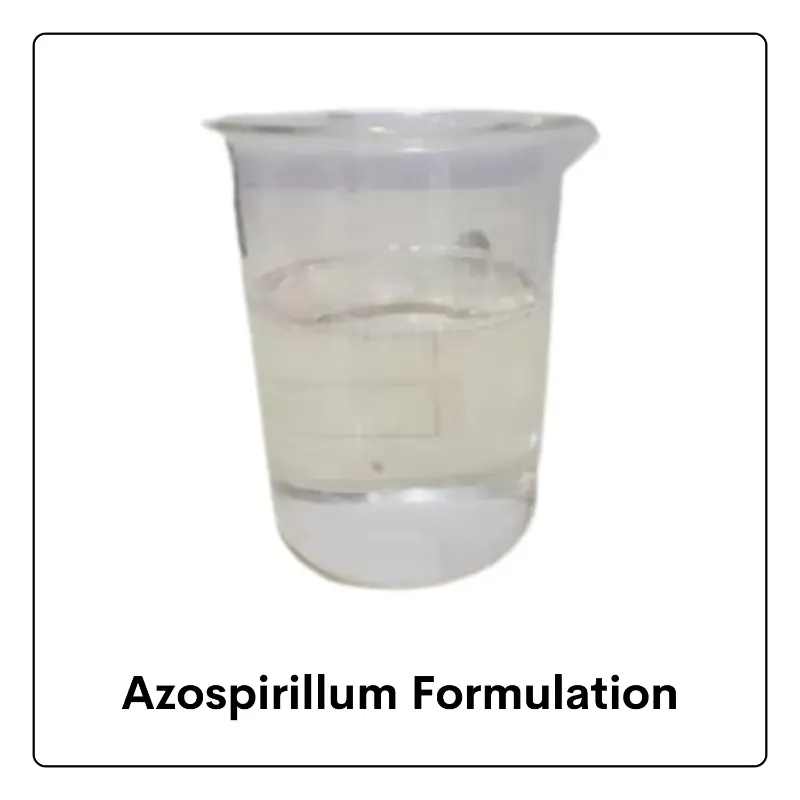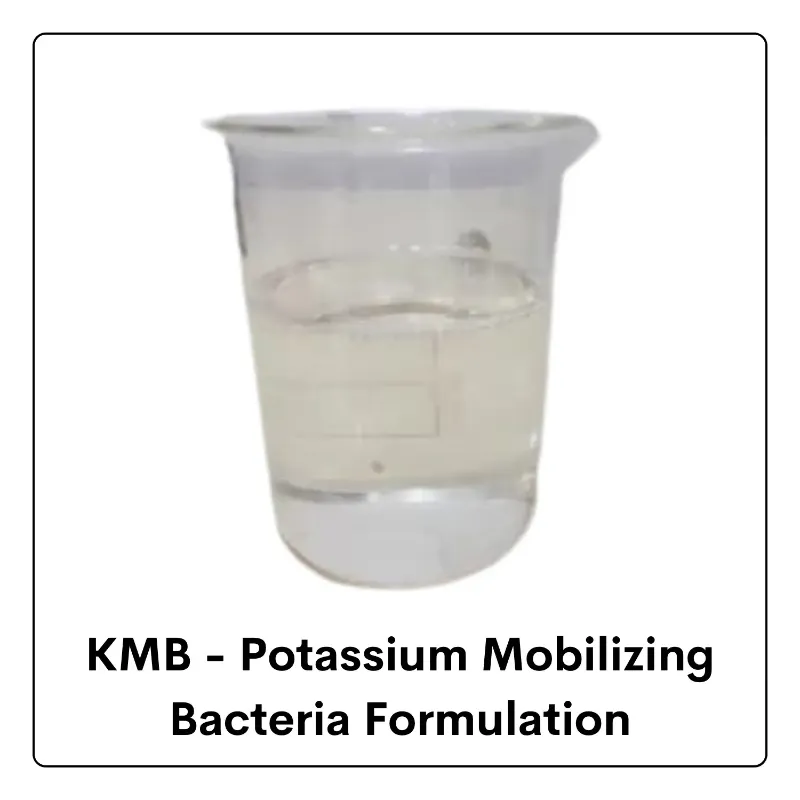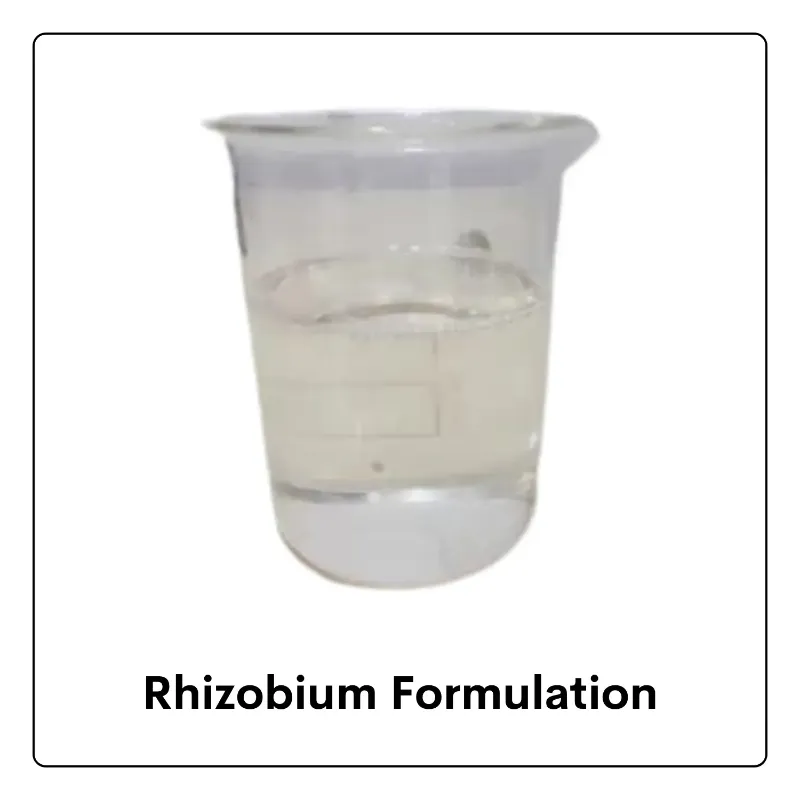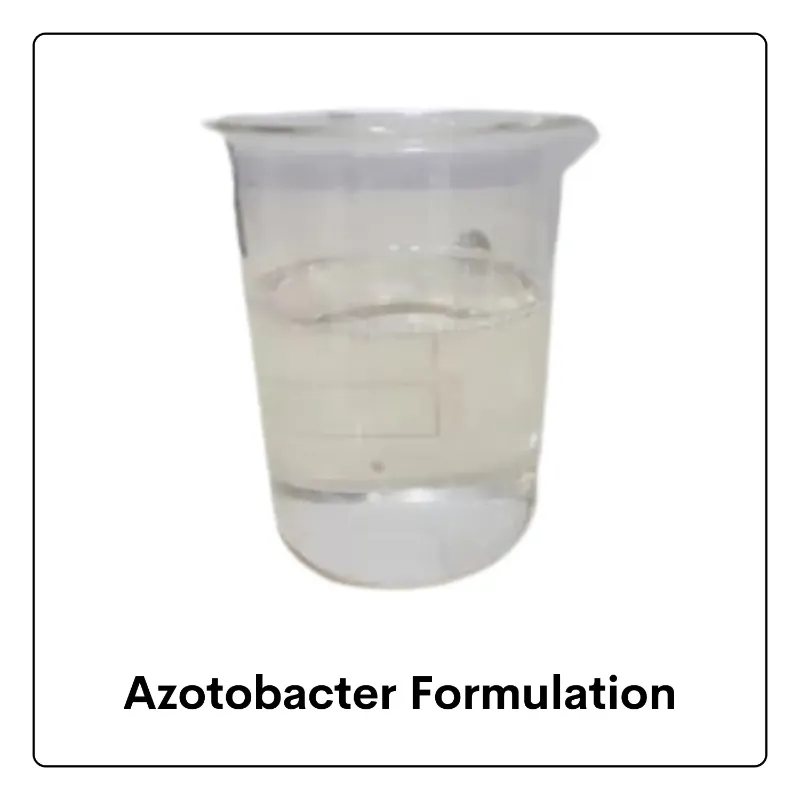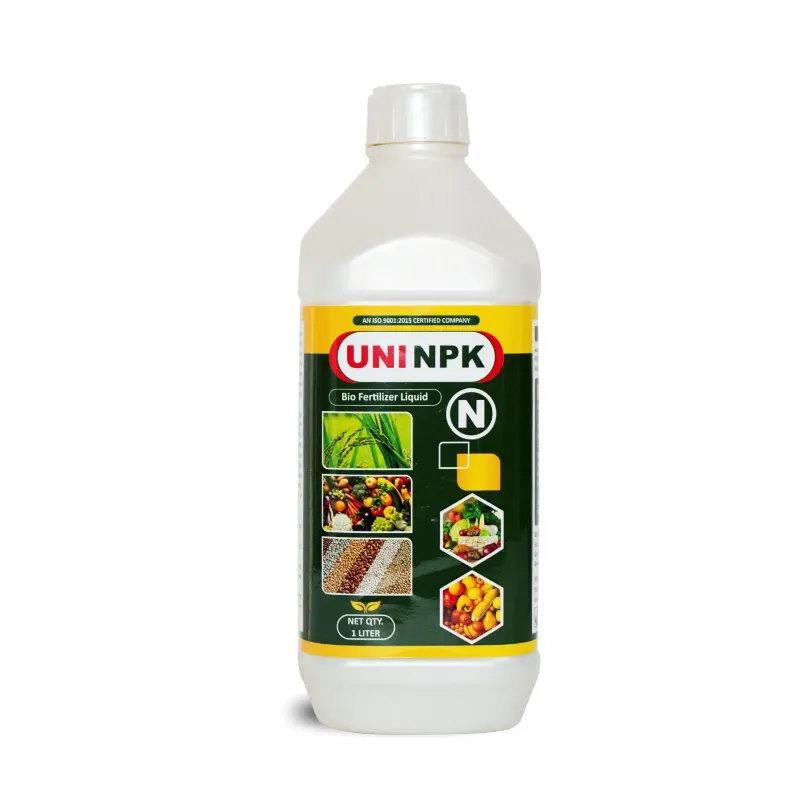Introduction:
NPK fertilizers, containing essential nutrients such as nitrogen (N), phosphorus (P), and potassium (K), are indispensable for promoting plant growth, development, and productivity. These fertilizers come in various forms, each offering unique benefits and applications. Let’s explore the different forms of NPK fertilizers available in the market.
Granular NPK Fertilizers:
Description: Granular NPK fertilizers consist of dry, solid particles that are typically applied to the soil surface or incorporated into the soil during planting.
Benefits: Granular fertilizers, therefore, provide slow-release nutrients, consequently allowing for gradual nutrient uptake by plants over time. Moreover, they are easy to handle, store, and apply, which makes them suitable for both large-scale agricultural operations and home gardening.
Liquid NPK Fertilizers:
Description: Liquid NPK fertilizers are solutions or suspensions of nutrients dissolved in water, allowing for foliar application or fertigation (application through irrigation systems).
Benefits: Liquid fertilizers provide rapid nutrient uptake by plants; therefore, they are ideal for foliar feeding or fertigation applications. Additionally, they can be easily customized and applied to meet specific crop needs, thus promoting efficient nutrient absorption and utilization.
Controlled-Release NPK Fertilizers:
Description: Controlled-release NPK fertilizers contain nutrients encapsulated within coated granules or prills, which release nutrients slowly over an extended period.
Benefits: Controlled-release fertilizers offer long-lasting nutrient availability, reducing the frequency of fertilizer applications and minimizing nutrient leaching and runoff. They provide sustained nutrient supply to plants, promoting balanced growth and minimizing nutrient losses.
Water-Soluble NPK Fertilizers:
Description: Water-soluble NPK fertilizers are soluble powders or crystals that dissolve readily in water, forming nutrient-rich solutions for fertigation or foliar application.
Benefits: Water-soluble fertilizers provide quick nutrient availability and efficient nutrient uptake by plants. They are highly versatile and can be applied through various irrigation systems, ensuring uniform nutrient distribution and absorption.
Organic NPK Fertilizers:
Description: Organic NPK fertilizers are derived from natural sources such as compost, manure, bone meal, or plant-based materials, providing a slow-release source of nutrients and organic matter.
Benefits: Organic fertilizers improve soil health and fertility; furthermore, they enhance microbial activity and, additionally, promote sustainable agriculture practices. Moreover, they provide a balanced nutrient supply and contribute, ultimately, to long-term soil sustainability and productivity.
Agricultural Products include Unicrop Biochem NPK Fertilizers:
NPK 10-10-10 Fertilizer:
Unicrop Biochem offers NPK 10-10-10 fertilizers, providing a balanced ratio of nitrogen, phosphorus, and potassium suitable for general-purpose applications. This formulation promotes overall plant growth, development, and yield potential.
NPK 15-15-15 Fertilizer:
Unicrop Biochem’s NPK 15-15-15 fertilizer is ideal for crops with higher nutrient demands during critical growth stages. This balanced formulation ensures optimal nutrient supply, promoting healthy root development, flowering, and fruiting.
NPK 20-20-20 Fertilizer:
Unicrop Biochem’s NPK 20-20-20 fertilizer is a high-analysis formulation containing equal proportions of nitrogen, phosphorus, and potassium. It is suitable for crops with high nutritional requirements and helps maximize yields and quality.
NPK 19-19-19 Fertilizer:
Unicrop Biochem’s 19-19-19 fertilizer provides a slightly higher phosphorus-to-potassium ratio, making it suitable for crops requiring enhanced root development and flowering. This formulation promotes balanced plant nutrition and improved crop performance.
NPK 0-40-40 Fertilizer:
Unicrop Biochem’s NPK 0-40-40 fertilizer is tailored for crops with specific potassium requirements, such as fruiting and tuberous crops. This high-potassium formulation promotes fruit quality, yield, and post-harvest storage life.
NPK 0.52-34 Fertilizer:
Unicrop Biochem designed its NPK 0.52-34 fertilizer as a specialized formulation for crops requiring high phosphorus levels, such as flowering and fruiting plants. This phosphorus-rich fertilizer promotes vigorous root development, flowering, and fruit set.
Conclusion:
In conclusion, NPK fertilizers are available in various forms, each offering distinct advantages and applications in agriculture. Whether in granular, liquid, controlled-release, water-soluble, or organic forms, it provide essential nutrients to plants, promoting healthy growth, development, and productivity. Brands like Unicrop Biochem offer a wide range of NPK fertilizer formulations tailored to meet the diverse needs of different crops and soil types, ensuring optimal nutrient management and sustainable agriculture practices. By selecting the right NPK fertilizer form and formulation, farmers can enhance soil fertility, maximize crop yields, and contribute to global food security and environmental sustainability.
